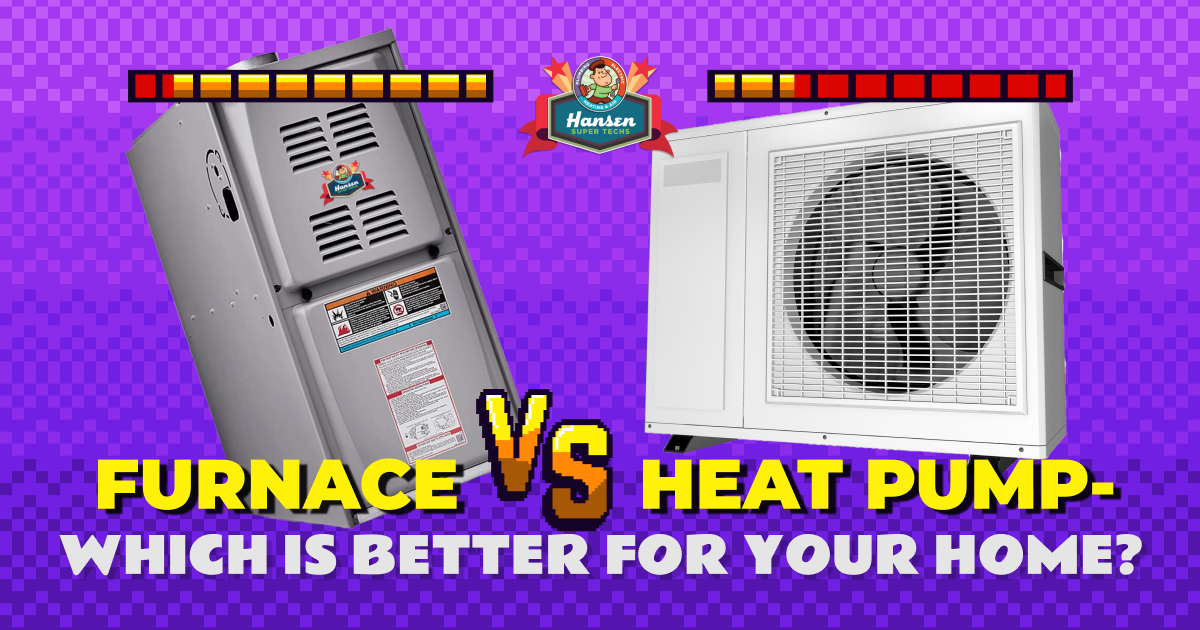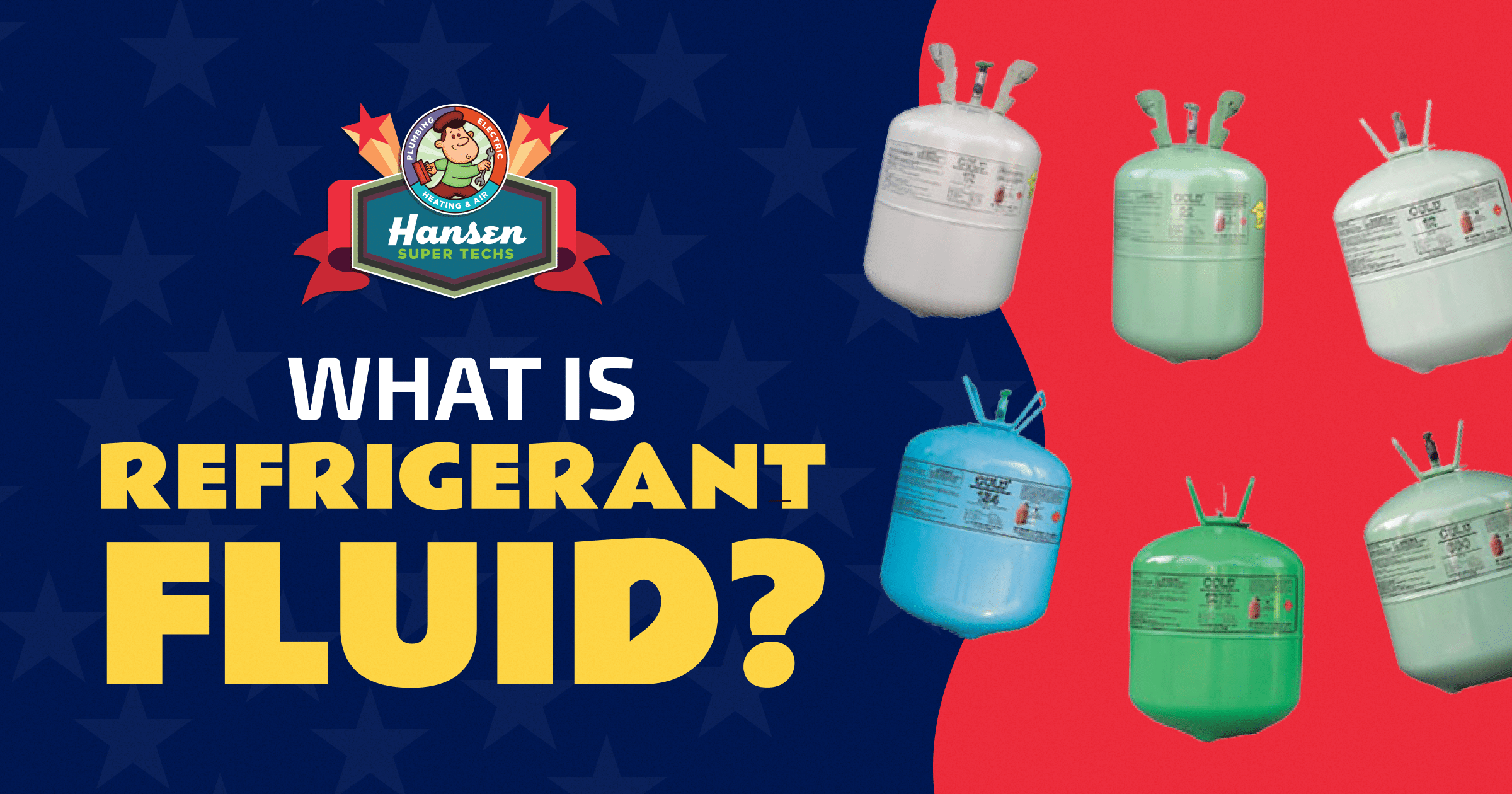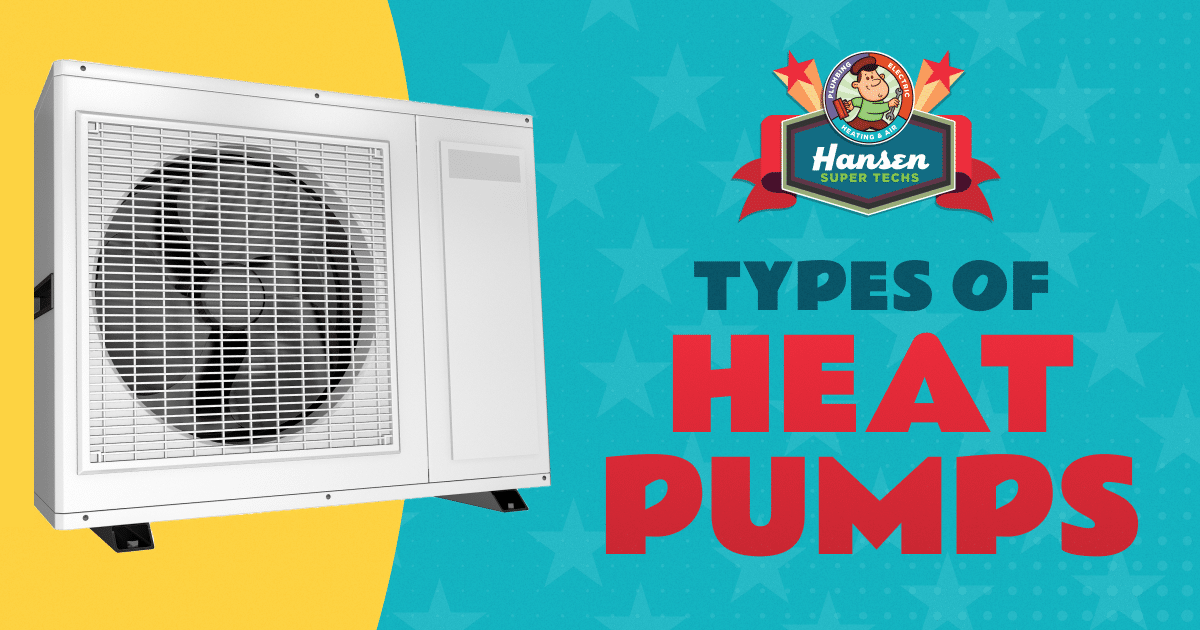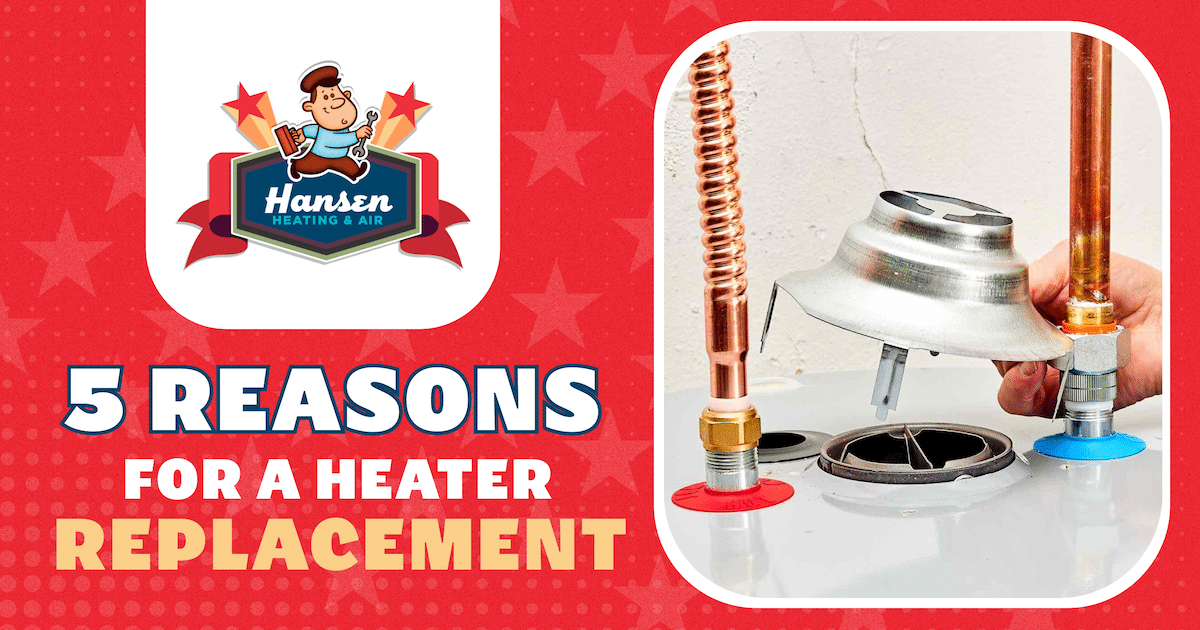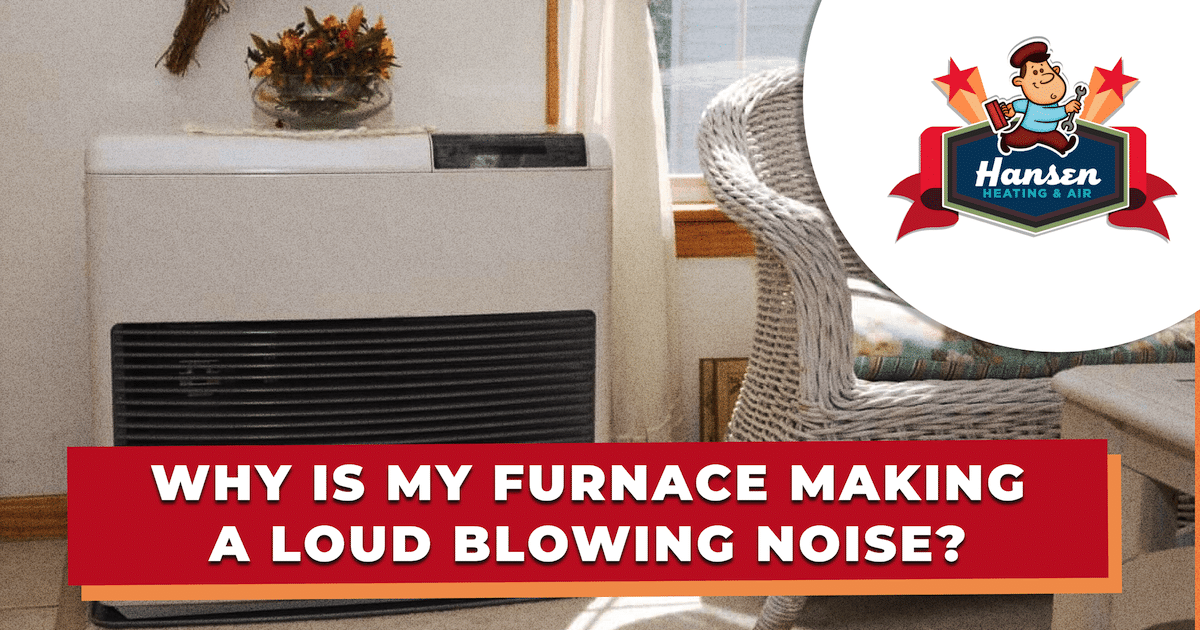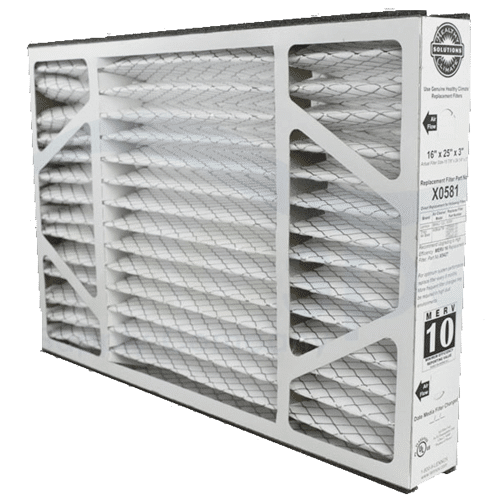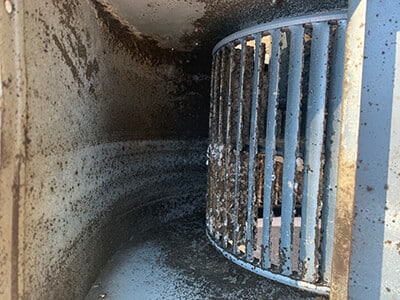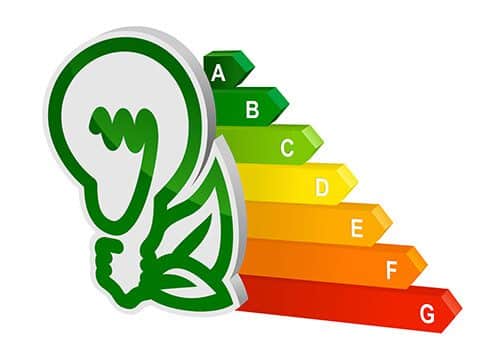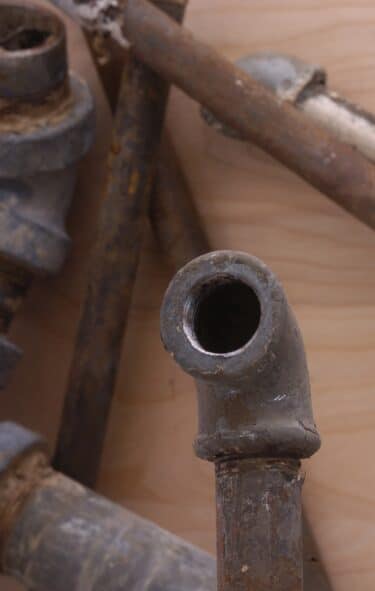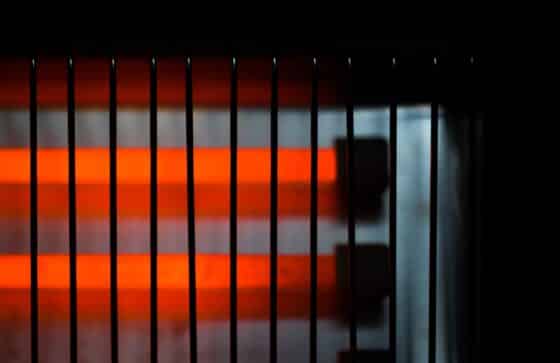As the heating industry continues to expand on the various products it offers for heating solutions, many homeowners find themselves in a state of uncertainty when it comes time to choose an...
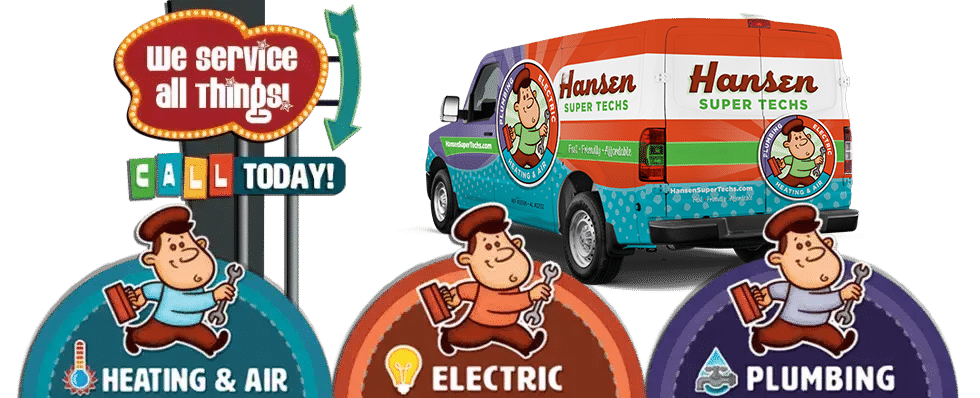
Heating Archives
Tips to Winterize Your HVAC System in MS & AL
Why Prioritize Winterizing Your Air Conditioner System? As the warm summer days fade away and are replaced by the chilly air of early fall, residents of Southern states have to take extra steps to...
What is Refrigerant Fluid?
Refrigerant fluid is an essential component of air conditioning systems and plays a crucial role in keeping our homes and workplaces cool and comfortable. The purpose of refrigerant fluid is to...
What Types of Heat Pumps are There?
Energy efficiency is one of the top priorities for most homeowners, who are in the process of choosing the best heating and air conditioning system for their home. With the recent advances in the...
5 Reasons for a Heater Replacement
As we approach the new fall and winter seasons, the demand for heating use inside our homes will only increase. Therefore, it is important to ensure that your heater is in the best working order to...
How To Prepare Your Home For Fall
It is not a secret that winters in Alabama can be quite chilly. As the fall and winter seasons approach, it is important to make some necessary preparations in order to prepare your home for the...
Why Is My Furnace Making a Loud Blowing Noise?
Furnaces can make a variety of sounds. Blowing noises may be the normal movement of air through your HVAC ductwork and vents. But there are other reasons why your furnace may be making a loud...
HEPA vs. MERV Filters: All You Need to Know
There are many different air filters on the market, but two of the most common are HEPA and Merv filters. While they both serve the same purpose of cleaning the air in your home or office, they have...
Cleaning Your Furnace or Heat Pump
Your home heating system is an integral aspect of your home. It is also a significant investment, and cleaning it on a seasonal basis will extend its lifespan and keep it as efficient as possible....
How to Find Out Your Heater’s Energy Efficiency
During a chilly season, all you need is a heater to keep your home warm. The three main varieties of heaters are solar heaters, electric heaters, and gas heaters. Currently, nearly all homes and...
Why Is There Rust on My Furnace?
Many industrial metals will eventually show signs of rust. Furnaces can begin to develop rust on the inside components as well as on the outside cabinet. While this should be expected to occur...
7 Best Heating Options for Your Basement
Nowadays, it’s not uncommon to find homeowners converting their basements into additional living spaces. Basements can be used as a children’s playing area, a TV room, or a home office. Usually,...

